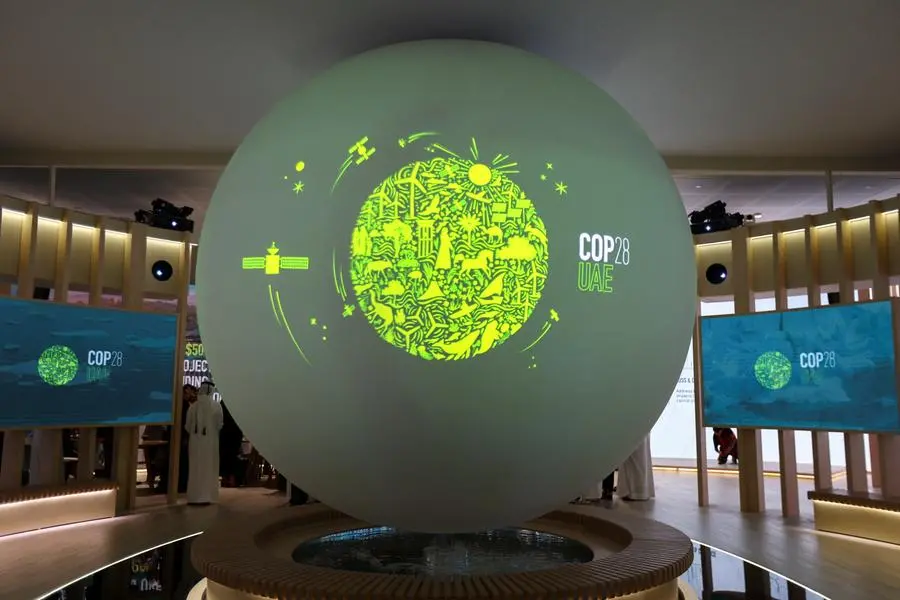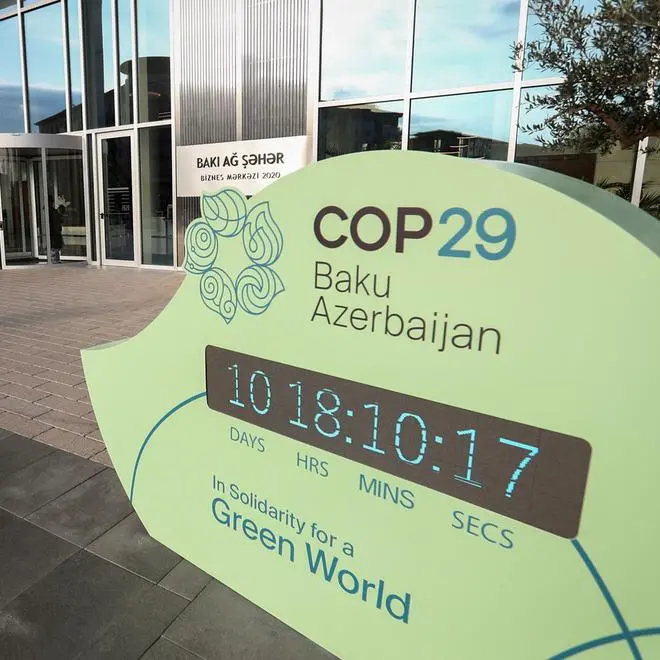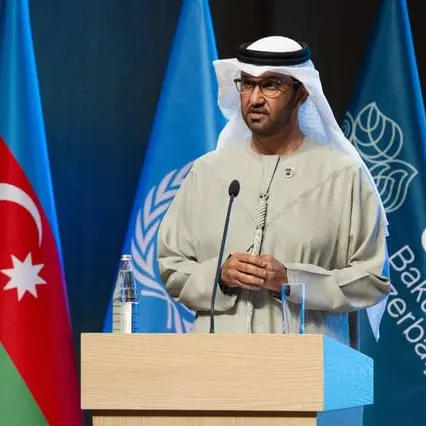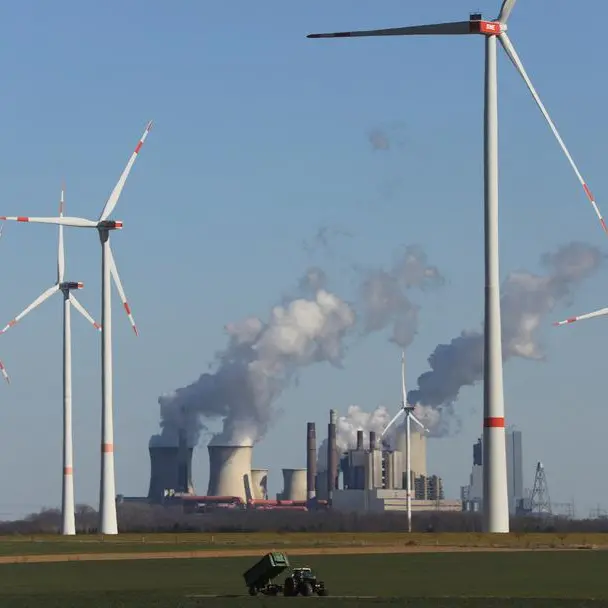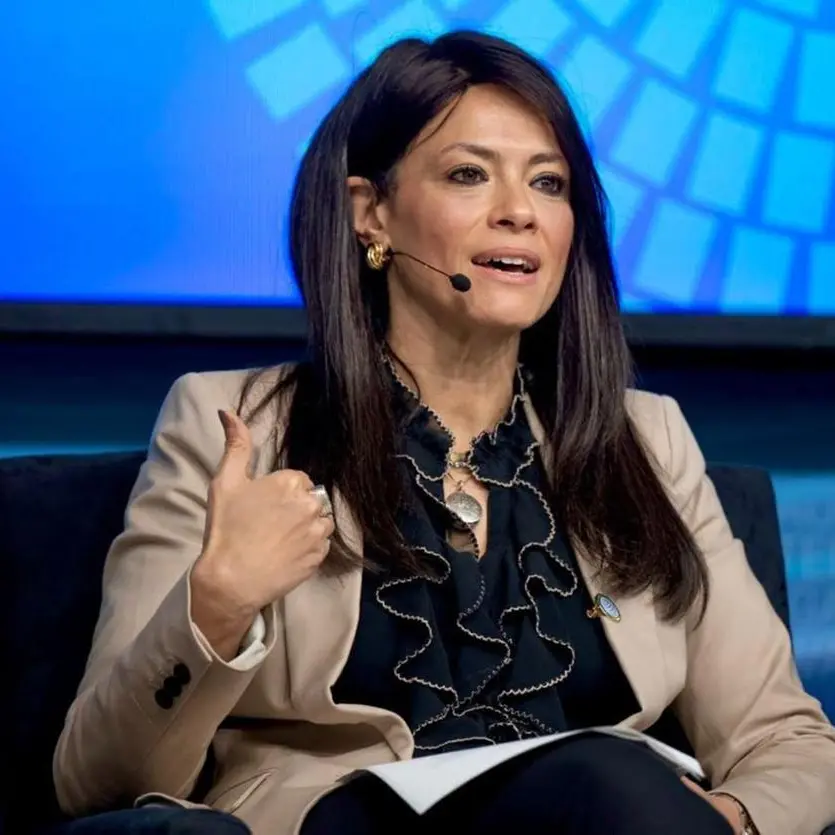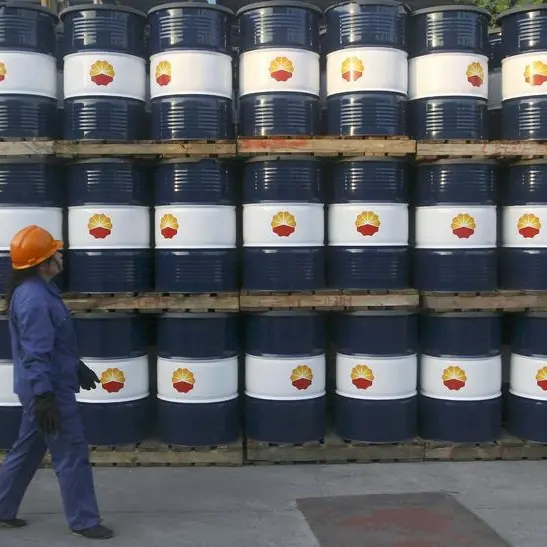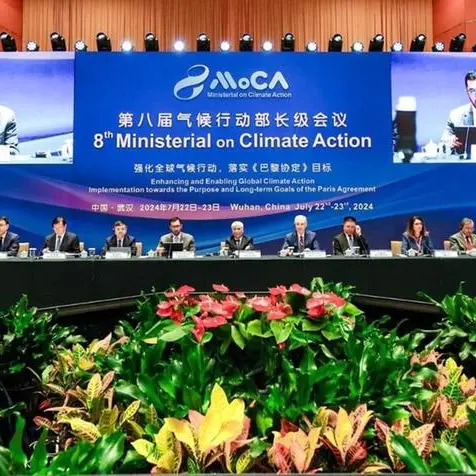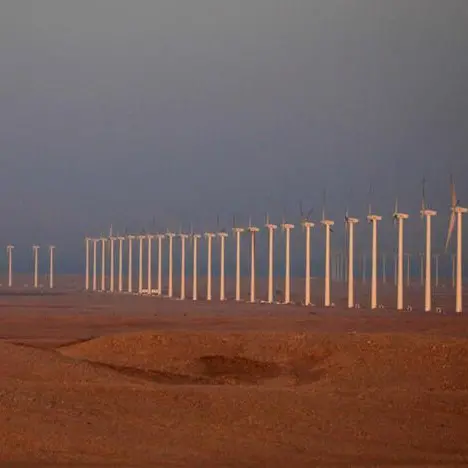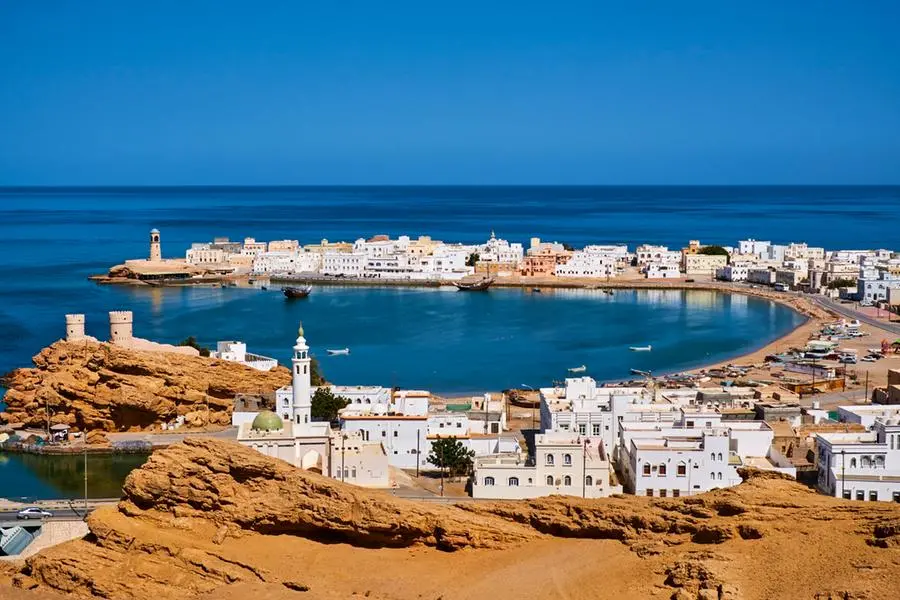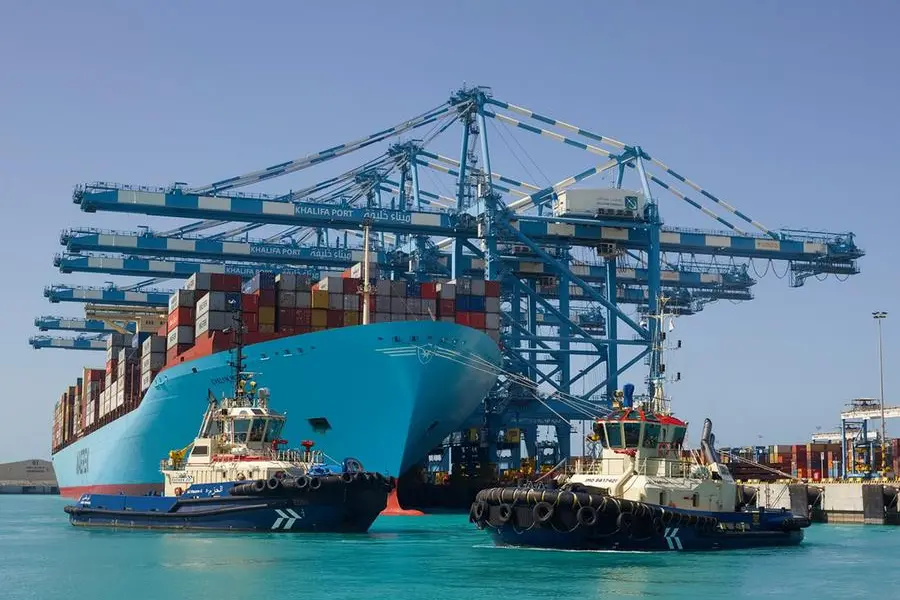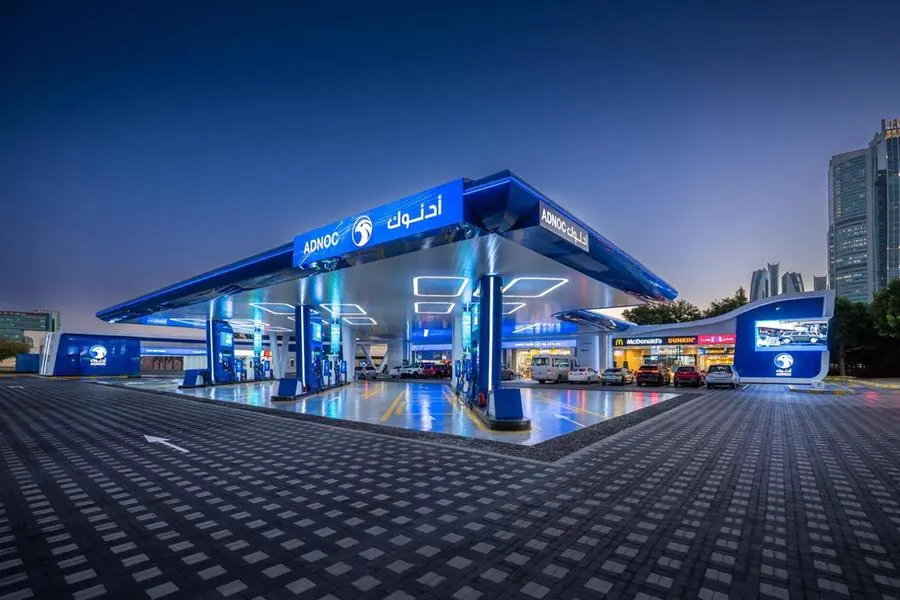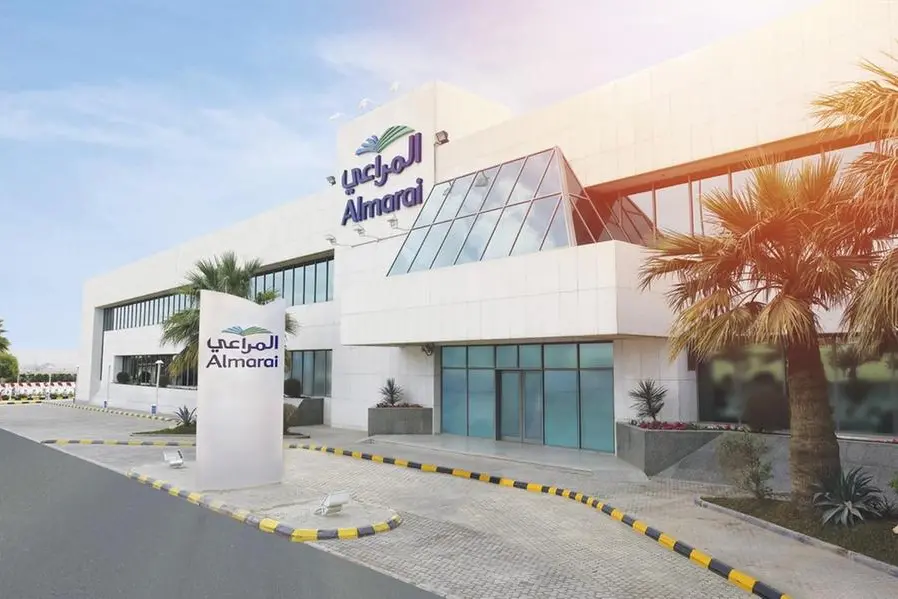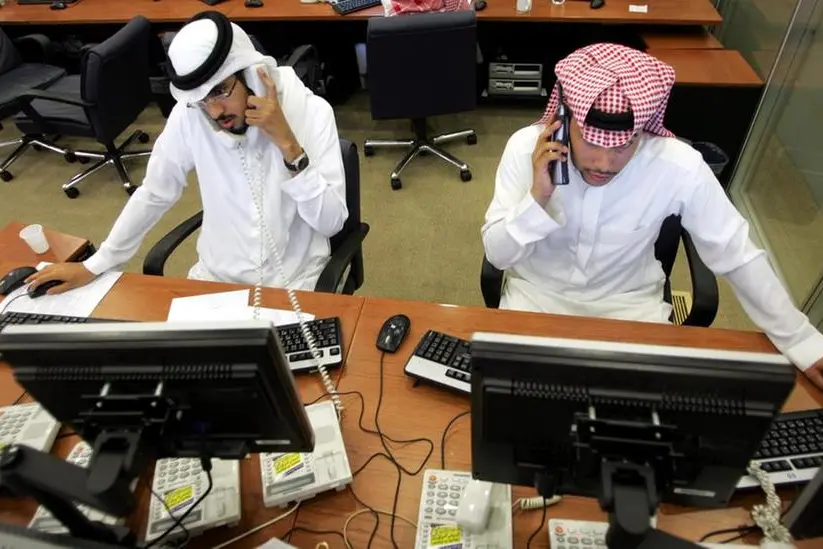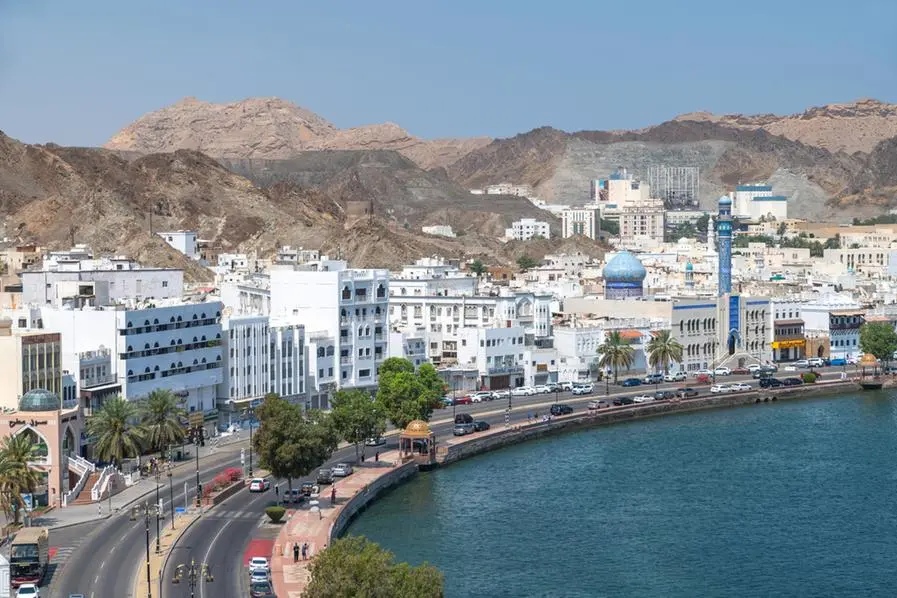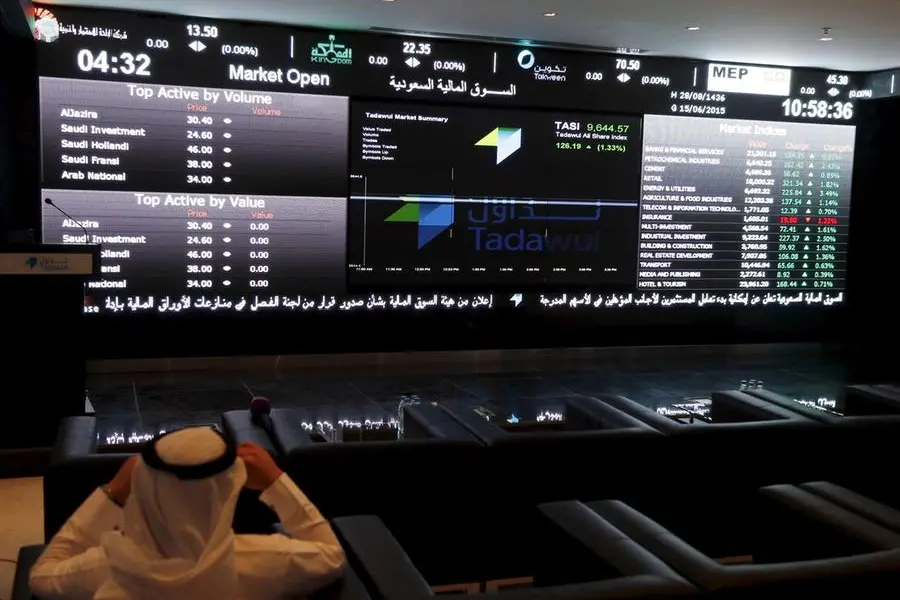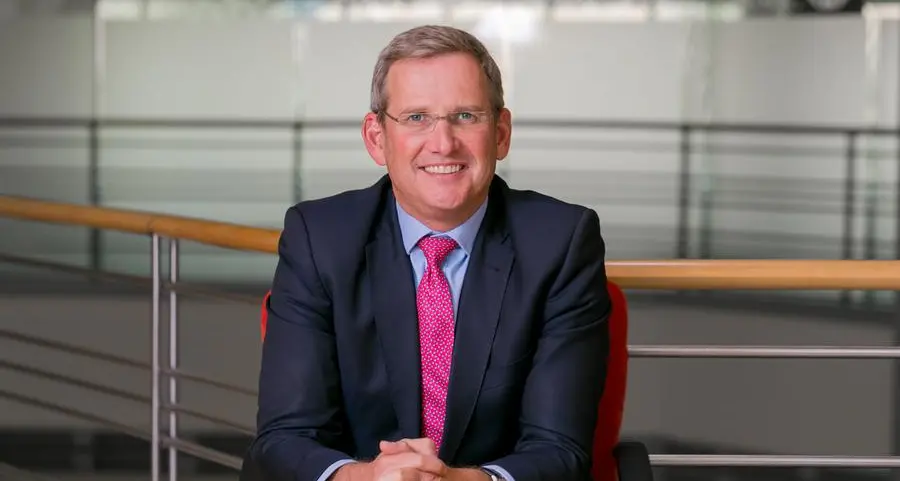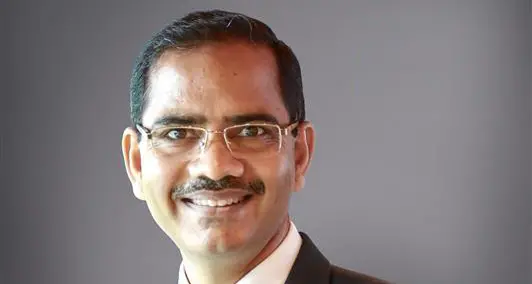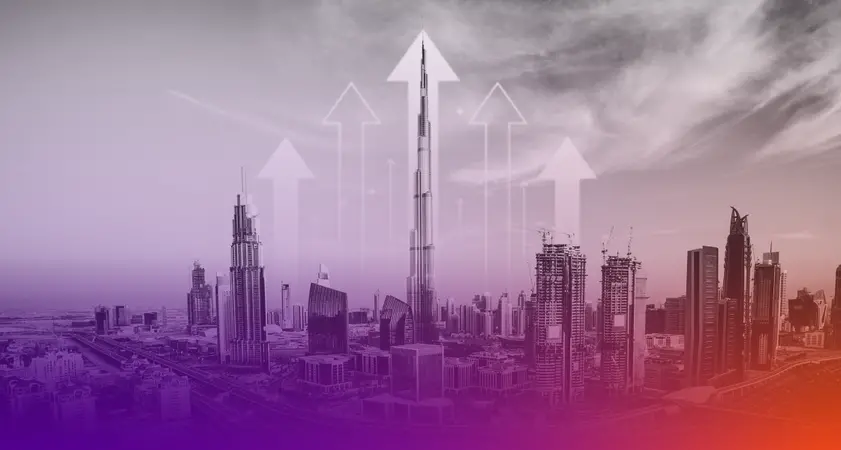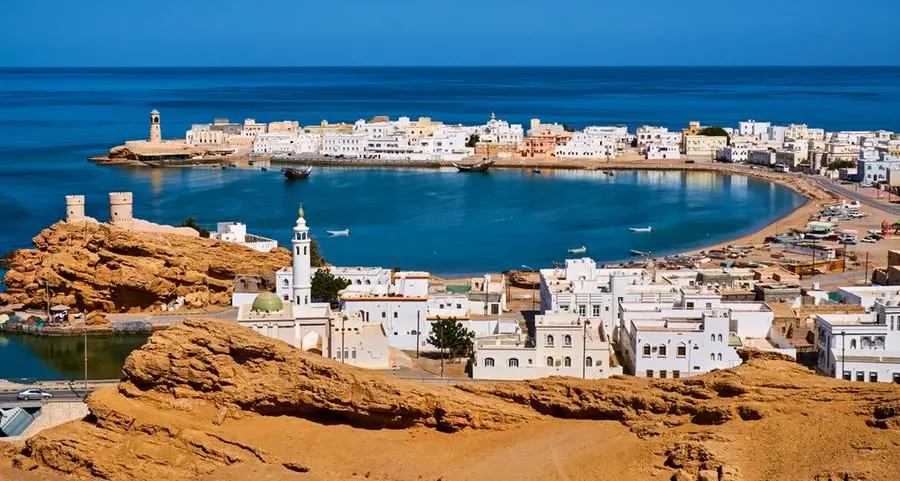PHOTO
The UAE's unwavering commitment to addressing climate change through its ambitious clean energy programmes will be front and centre at COP28. As a frontrunner in renewable energy production, the UAE is adamantly committed to achieving net-zero carbon emissions by 2050.
These relentless efforts are acknowledged by international bankers and economic experts, who have commended, in statements to the Emirates News Agency (WAM), the UAE for its responsible and ambitious approach to climate action, and its leadership in clean and solar energy programmes.
They noted that the COP28 Presidency's action plan focuses on achieving concrete and effective progress in transforming the Paris Agreement goals into a practical roadmap that the world can follow.
Damien Hitchin, CEO of Saxo Bank in the Middle East and North Africa, commended the UAE for its commitment to sustainability and climate action, as evidenced by its hosting of COP28. He expects the summit to have a positive impact on the UAE economy, strengthening partnerships in renewable energy, modern technologies, and sustainability practices. He also anticipates that COP28 will encourage companies and international institutions to invest in green initiatives and innovations globally, leading to economic growth and job creation.
Global efforts
Michael Bolliger, Chief Investment Officer for Emerging Markets at UBS Global Wealth Management, sees COP28 as a chance for the UAE to contribute to global climate action and showcase its strategy for achieving net-zero carbon emissions by 2050.
Bollinger affirmed that the UAE is a frontrunner in renewable energy production, with the world's largest and most cost-effective solar power plants. He also highlighted prominent solar projects such as the Al Dhafra Solar Photovoltaic Plant, the Noor Abu Dhabi Solar Plant, and the Mohammed bin Rashid Al Maktoum Solar Park.
Bollinger believes these projects will help the UAE harness its solar energy potential, transition to renewable energy sources, and provide effective solutions to climate change.
Strategic initiatives
Timucin Engin, Senior Director, Cross-Practice Coordinator, GCC Region, S&P Global, sees the UAE as a regional leader in climate action. It's, he continues, the first country in the region to invest heavily in renewable energy, and it now has the largest renewable energy generation capacity in the Gulf.
Engin notes that the UAE has a strategic initiative to achieve net-zero emissions by 2050. Last July, the Ministry of Climate Change and Environment announced a comprehensive roadmap to reduce carbon emissions by 40% by 2030 compared to a business-as-usual scenario.
According to the nationally determined contributions, carbon removal from energy generation is the most important contributor to emission reduction targets. However, other economic sectors, such as industry and transportation, will also play a significant role. Many major government entities and companies have already announced climate initiatives.
Engin expects that UAE institutions and companies will continue to announce additional climate initiatives ahead of the COP28 conference at the end of November. He also expects this major event to boost the UAE's growing tourism sector, as thousands of officials and experts from around the world are expected to attend.
Emission Reduction
Scott Livermore, Chief Economist of Oxford Economics Middle East, says the world is turning its attention to the United Arab Emirates as the United Nations Climate Change Conference (COP28) approaches. He says all eyes are on the UAE to see how it plans to achieve its climate goals and reduce carbon emissions.
